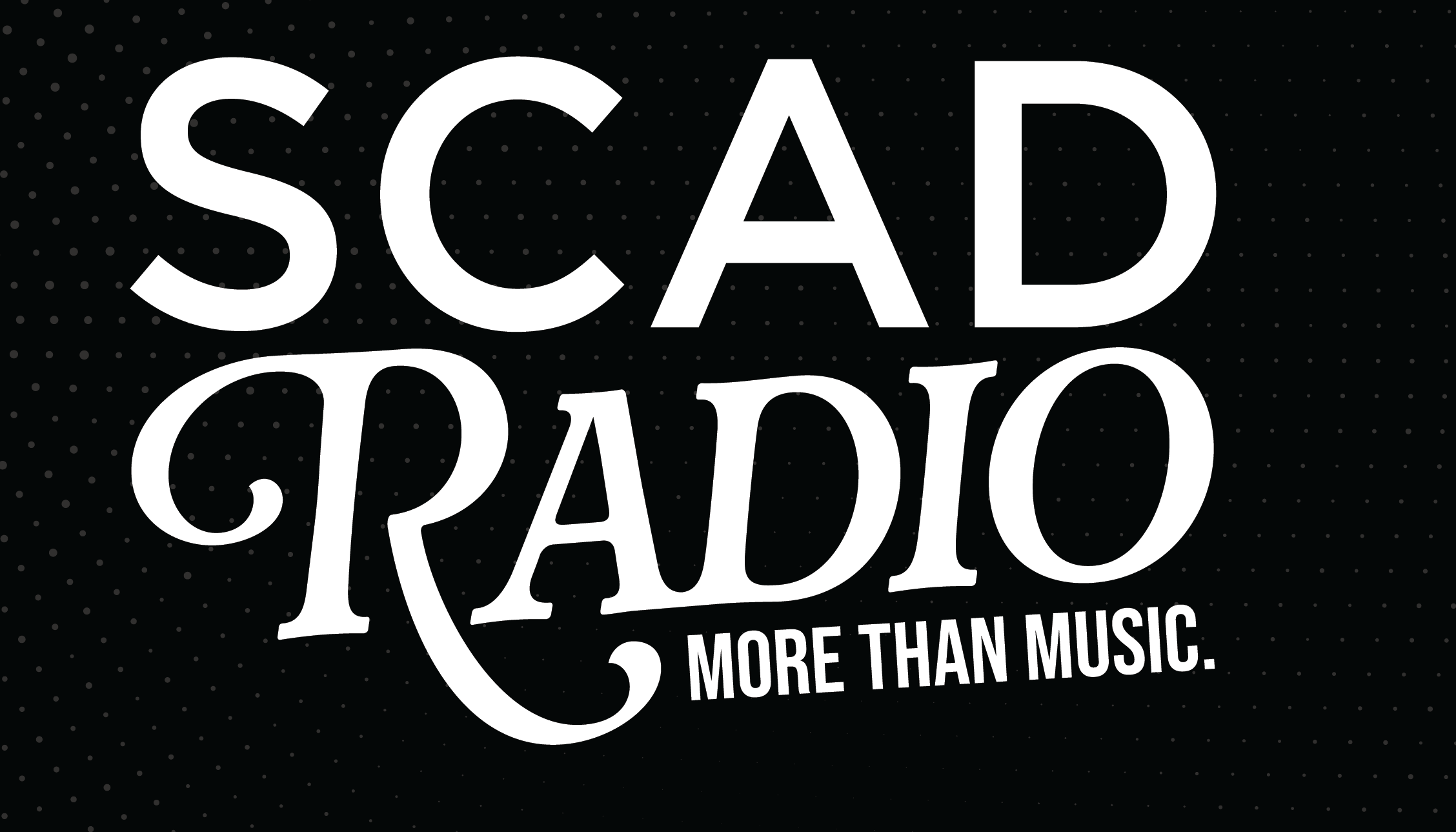What now? That’s the big question for Sylvan Esso.
For the uninitiated, they’re the duo behind one of 2014’s breakout indie releases. Their self-titled debut was largely supported by the smash singles “Coffee” and “Hey Mami,” which brought them a tremendous amount of exposure, as well as a moderate amount of critical acclaim.
Despite their graduation from third-tier festival players to headliner, Amelia Meath and Nick Sanborn still felt that they had something left to prove. As Meath said in an interview with Billboard, “In writing this record we needed to step up as hard as we possibly could in order to prove that we belong here. We had a pretty deep band existential crisis – that’s why it’s called What Now? The first part of making the record was like, can we still do this or did we lose it?”
They definitely didn’t lose it. This is a terrific record. It’s more of a continuous piece of work than their previous one, even though I doubt that it’s going to produce a song as widely circulated as either of the two that I just mentioned. It’s even more svelte than their 38-minute predecessor (it’s only 36 minutes!), and this focus extends to the meticulously arranged and intriguing electropop beats, as well as the tightly written lyrics.
However, the very same style that has attracted their sizable audience has in turn pushed away a significant number of people. Simply put: we’ve got our fair share of electropop indie bands right now, and there’s a number of really good ones. Ironically, I find that the more each group tries to evolve their sound in between releases in order to differentiate themselves, the more they tend to blend together.
Sure, this record acts as a departure from Sylvan Esso’s debut, but it’s more of a refinement of their sound than anything else. It’s a very satisfying listen, though it’s one I find myself falling slightly less in love with everytime I listen to it.
The record opens with “Sound” – backed by a distorted electronic tone that wouldn’t be out of place on Kanye West’s classic song “Runaway.” The sound gets less harsh as Amelia Meath’s soothing vocals gradually begin to muscle it out of the mix. It’s a lovely table-setter for the rest of the record.
We then immediately dive into the energetically-strummed “The Glow,” which is another favorite of mine. However, it only really takes off at around the 2-minute mark, as it places the listener in what only can be described as the sonic equivalent of being caught in the crossfire of a laser blaster battle. The synths coalesce into a grand, searing climax that ends the track on a suitably epic note.
“Die Young” will probably be a festival mainstay for a while, but it’s one of the lesser songs on the album, and I’d rather not dwell on it too much. There’s a lot of other terrific songs on here which are worth writing about. “Radio” acts as a sly critique on radio airplay culture, as the group explicitly references what record labels deem to be the ideal length for a pop song (3:30). They also critique label-manufactured artists with the lyrics, “Folk girl hero in a magazine/Faking the truth in a new pop song/Don’t you wanna sing along.” Apparently this track has been gaining some traction on radio, which is hilarious to me. It really does deserve it, though.
Next we have the lovely “Kick Jump Twist,” in which the band carves out a wonderfully danceable groove and inserts it between moments of lyrical interludes that describe the art of performance itself. It’s a shame that the follow-up “Song” isn’t all that memorable, but it’s certainly an enjoyable song.
However, Sylvan Esso definitely leaves the best for the back-half of the record, as we’re treated to four really, really solid songs. The duo goes full LCD Soundsystem on “Just Dancing,” layering a pulsing drum beat under Meath’s floaty vocals. It’s got one of the best hooks on the record, too. Immediately following “Just Dancing” we have “Signal,” which is a catchy (albeit very Chvrches-sounding) cut that serves as a nice late-record boost.
The next track pumps the brakes in a very delightful way, as “Slackjaw” is a lovely little ballad decorated with sparse arrangements and passionate vocals. Amelia Meath described the song succinctly in an interview with NPR, saying “Everything is awesome – and I am still sad.” It’s certainly a somber tune, but it’s an achingly pretty one.
Finally, the band leaves us with “Rewind,” which certainly stands as one of my favorites from this record. First of all, the synth lead is amazingly simple, but it creates what is easily the best hook on the album. Meath’s vocals have a hypnotically rhythmic quality to them on this track, which pairs with the instrumentation incredibly well.
All in all, this is a solid release from Sylvan Esso. It’s not revolutionary, but it’s a great distillation of what they do best. It never feels ponderous or self-important, and it’s a well-produced and performed slice of indie pop. I don’t love it quite as much as when I first heard it, but I still find myself enjoying it quite a bit. I recommend it.







Leave a Reply